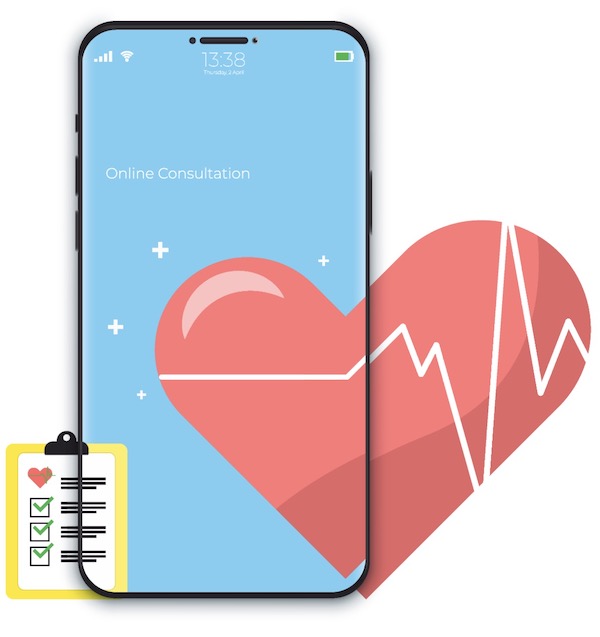In spite of its huge negative hold on the world, the Coronavirus pandemic, with its international governments’ enforced quarantine policies, is contributing to incredible new advancements in the field of virtual medicine. Part 1 of this 2 part series introduced my readers to this relatively new way of controlling illnesses being practiced by physicians throughout today’s stricken global countries. The United States leads the world as this process releases over-worked medical personnel to counsel and care for more acute clients in necessary busy hospital and office settings.

With this one small piece of a growing industry, computer-aided virtual medicine allows sought-after physicians to more practically take care of their chronic patients via video screen or telephone calls.
My Part 2 on this topic introduces virtual care, which makes this whole process work for both the doctors and their medical clients. Telemedicine involves virtual physician visits, but the larger telehealth industry of virtual care includes remote technologies and physician-accessed devices. Investor’s Business Daily (IBD) journalist, Allison Gatlin, in her week of June 22, 2020 article, introduces us to three medical technology companies assisting telemedicine. Dexcom, iRhythm Technologies, and Livongo Health make a video chat possible with their assisted remote discoveries aiding doctors. Dexcom is able to continuously track diabetics’ glucose levels through the patients’ body-worn devices. iRhythm applies their technology to be used for cardiac/heart monitoring. Livongo uses its remote-monitoring platform to connect doctors with their list of chronic care patients.
ROBO Global, launched in 2013, provides the medical field with possibilities that sound like they came from the television and movie series, “Star Trek.” ROBO Global is an advisory and research company offering unique opportunities for using fast-growing robotics, artificial intelligence, and healthcare technology that can be found around the world. The Chief Operating Officer of Teledoc Health, David Sides, reports “It’s possible to have a robot deliver medicine in a hospital.” He continues “Some hospitals are deploying Dexcom’s devices to keep tabs on diabetic patients.” ROBO Global’s senior analyst, Nina Deka adds, “One surgeon in India performed several surgeries remotely from Corindus Vascular Robotics, owned by German-based Siemens Healthineers.” Deka concludes that “What we’re seeing through this pandemic is an acceleration of people adopting these remote-monitoring capabilities and telemedicine. Eventually, virtual care is going to underlie every facet of health care. Over the next 10 years, we should see that, and (today) we are in very early days.”



